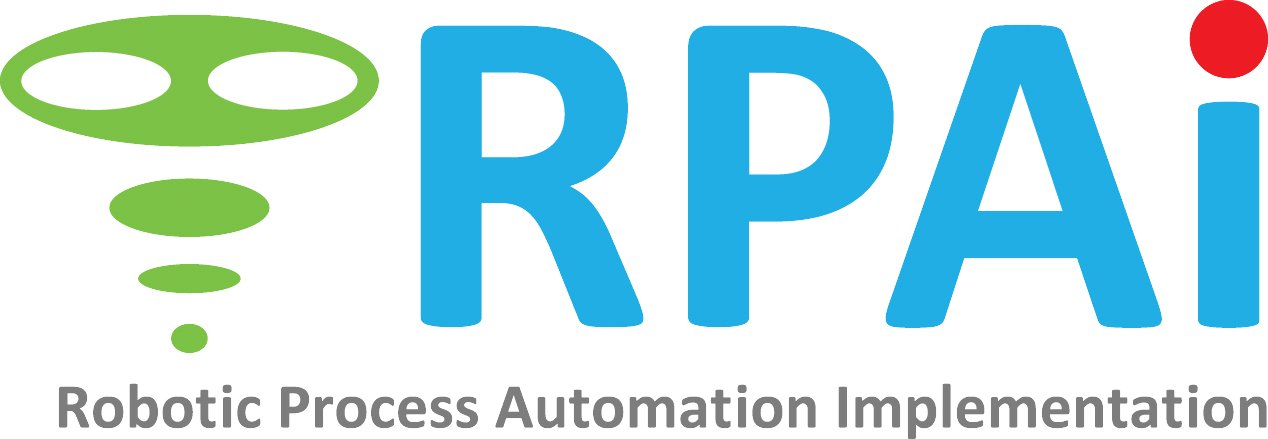Manufacturing
Revolutionizing Manufacturing: Challenges & Solutions
Adapting to the future brings significant challenges for global manufacturers including:
Uncertainties in supply chains
Tax reforms
Material shortages
Sustainability
Outdated IT infrastructure poses challenges to overcome.
Leverage the Future with RPA & AI
Maximize benefits like:
Cost savings
Process optimization
Customer satisfaction
Competitiveness
Leverage the potential of digital workers
Below are some common use cases of RPA & AI in manufacturing:
-
Accurate BOMs are efficiently generated using RPA, reducing errors and saving time.
-
Simplifies regulatory compliance by using digital workers for customs declaration forms.
-
HR audits, improving efficiency without additional staff.
-
Take a true Omni-Channel approach to your customer service and support. Digital Workers along with conversational AI swarm client requests and reduce AHT drastically.
-
RPA and AI transform ERP systems by automating processes and improving functionality.
-
Digital workers for journaling tasks reduces manual work & overtime costs.
-
RPA simplifies ERP migrations by orchestrating and validating data migration across databases.
-
Manufacturers can de-silo processes and gain insights through automation, improving data gathering and processing.
-
RPA and AI optimize production planning, reducing waste and meeting customer deadlines effectively.
-
RPA & AI enables efficient freight management, including route optimization and accounting processes.
-
RPA identifies mislabeled products, ensuring accurate inventory management.
-
Advanced machine learning with RPA enables accurate prediction of equipment faults, resulting in higher uptime and lower costs.
-
Automation improves performance by automating repetitive tasks like credit and collections management.
-
RPA can handle contract creation, updates, and alerts, empowering proactive supplier contract management.
-
RPA & Machine Learning reduces errors, improves productivity, and enhances customer experiences in invoice processing.
-
RPA simplifies internal processes and ensures accurate data integration in order management.
-
RPA facilitates streamlined collections processes, reducing costs and enhancing the customer experience.
-
Digital Workers ensures correct customer data across systems, avoiding mistakes and improving efficiency.
-
RPA expedites the onboarding process by gathering relevant data in parallel, reducing time and resources.
-
Digital workers generate reports, demonstrating regulatory compliance and adherence to SLAs, improving performance insights.
*Click the chat icon to start your conversation right away with Rosie, our AI-powered expert advisor, ready to guide you with free, tailored advice!
